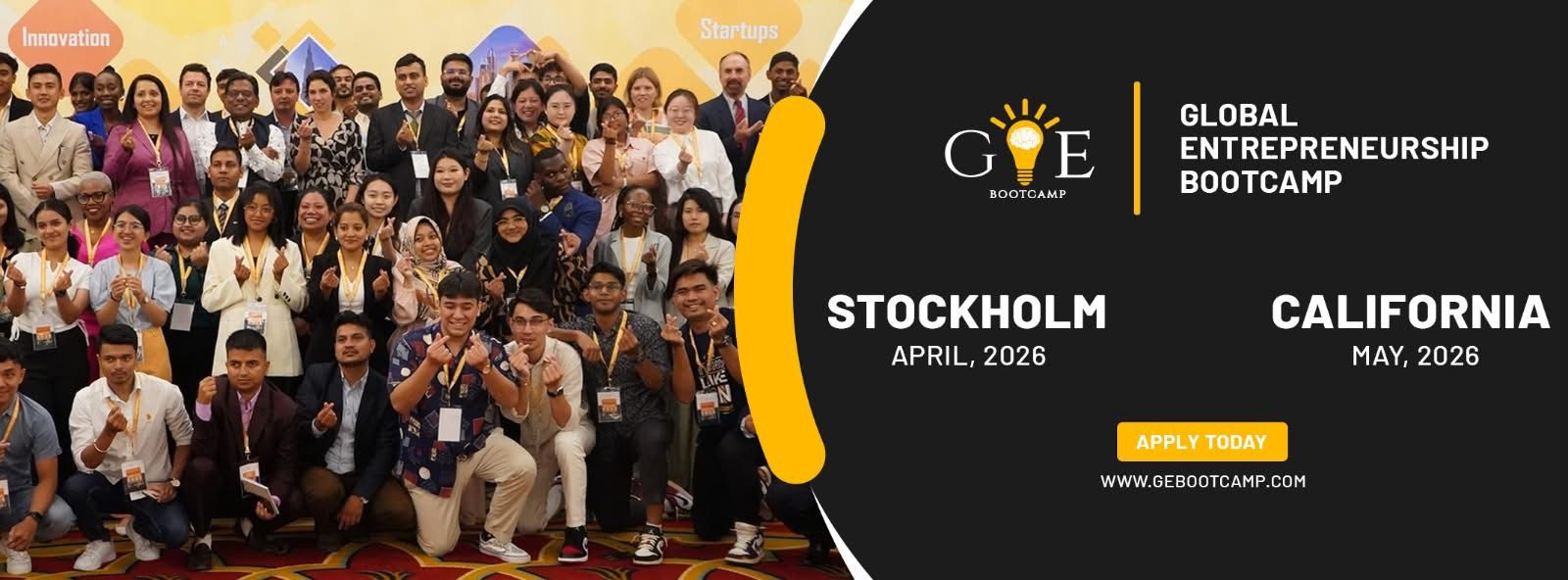
Global Initiative Against Resilience Fellowship 2023 | Funded
Details
Applications are open for the Global Initiative Against Transnational Organized Crime (GI-TOC) Resilience Fellowship 2023. The Fellowship builds a platform for cross-sectoral, global and interdisciplinary collaboration between civil society actors, human rights activists, journalists, artists, scholars, policymakers, grassroots community leaders and others working to counter the effects of organized crime.
Established with a grant from the government of Norway, the Resilience Fund is also supported by the governments of Germany, the Netherlands and New Zealand and works in partnership with international organizations and NGOs worldwide.
See more: 2024 Diversity Visa Program (DV-2024) is now open || US Green Card
2023 Theme: Human Rights and Organized Crime
In 2023, the Resilience Fellowship theme will focus on human rights and organized crime. Fellows will use their diverse perspectives to collaborate on a range of outputs based around this theme. As Resilience Fund Ambassadors, Fellows will also raise awareness on how organized crime contributes to human rights violations and advocate for better responses to these violations.
Benefits from Resilience Fellowship
The Resilience Fellowship is based on a three-pronged approach:
- Sponsorship: Providing financial support so that Fellows will have the time and resources to carry out their individual work and a collaborative project. Grants of US$15,000 per Fellow will be awarded for one year.
- Networking: Offering mentorship opportunities with experts from the GI-TOC, as well as bringing Fellows together to begin a collaborative project to be undertaken during their Fellowship year.
- Dissemination: Creating opportunities for Fellows to publicly share their work and ideas – through platforms such as conferences, civil society forums and national and international platforms, which will expand public discourse, deepen engagement with society, and invite the support and participation from the general public and, ultimately, policymakers.
Eligibility for Resilience Fellowship
- Applicants should have a background in any of the following fields: journalism and media; activism; advocacy and community mobilization; the creative arts (artists, writers, filmmakers, and others); community leaders (religious, cultural, youth leaders); academia (researchers, consultants, and scholars), human rights practitioners working directly with affected communities, and the public sector (policymakers). Individuals from other disciplines will be considered if their work is relevant to the Fellowship’s objectives and the annual theme.
- The Fellowship welcomes applications from people of any gender, ethnicity, age, religion or any other defining factor, who work in communities affected by organized crime. The overall make-up of the 10 Fellows will be diverse and will reflect an equitable geographic and gender balance.
Selection Criteria
- Participants should be from countries disproportionately affected by organized crime and/or from least developed countries.
- Participants should ideally work closely within communities severely affected by organized crime, or have strong ties within them, and should have ongoing or established projects or engagement. The cross-border nature of issues related to organized crime allows applicants working within a wider, non-geographic community to be considered on a case-by-case basis.
- Participants should have knowledge or work towards protecting human rights that are being violated or threatened due to the prevalence of organized crime and criminal governance.
- Participants should be able to demonstrate how the funding and support will be used.
- Participants who have direct experience in their communities’ issues, related to the annual theme, are particularly encouraged to apply.
- Participants must be fluent in at least one of these three languages: Spanish, English or French.
- Participants’ prior work should demonstrate a commitment to the ethics and values of the Resilience Fund.
Application of Resilience Fellowship
Interested parties must submit an application through the online form. This form contains a set of questions where the applicant should highlight her/his/their background, how he/she/they worked to address organized crime and human rights in communities, and a proposed project for the Fellowship.
See More; South Pole Carbon Asset Development Program 2022
Lastly, It is important to visit the official website link found below to access the application form.
Correspondingly, Join us on Telegram for more opportunities!
Similarly, Visit oyaop.com and oyaschool.com for more scholarship opportunities.
Specifications
| Type of Opportunity | Scholarships and Fellowships |
|---|---|
| Deadline | 15 November,2022 |
| Country | USA |
| Open to | All |
| Organizer | GI-TOC |
